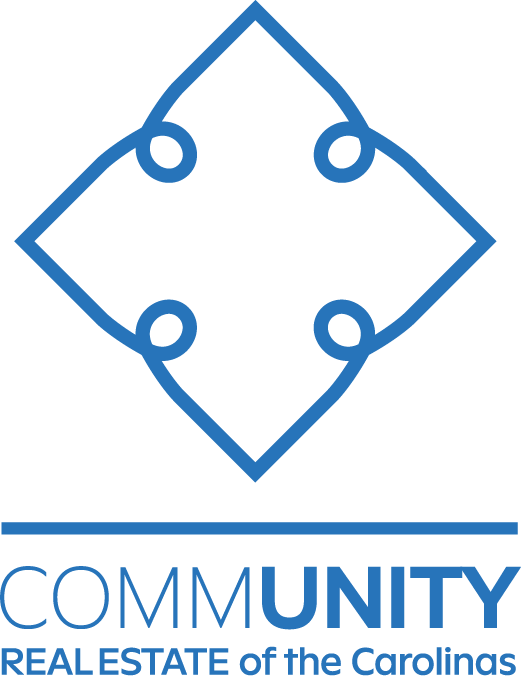Consider this: a mortgage program offers certain Americans a home loan with a zero down payment and no private mortgage insurance requirement. In addition, closing costs are limited and if the home is newly constructed, the builder must supply the buyer with a one-year home warranty.
Despite the obvious perks of the program, only 10.5 percent of the nation’s nearly 22 million veterans take advantage of this aspect of their Veterans Administration benefit offerings. When asked why, 33 percent of those who responded said they were completely unaware of the benefit, another group said that they went with the FHA loan because they assumed it was “easier” to obtain.
Obviously, the VA could be doing a better job informing (especially young) members of the military, veterans and surviving unmarried spouses about the VA loan and the mortgage industry could be doing a whole lot more to get the word out. So, today we’ll take a look at the program and learn why it may just be the best loan product on the market.
Remember, we aren’t VA, mortgage or financial experts, so consult with the appropriate professional should you have any questions regarding the VA home loan program and its benefits.
The basics of the VA home loan program
Like the Federal Housing Administration (FHA) program, the U.S. Department of Veterans Affairs doesn’t actually make loans, but offers lenders a guaranty, if the veteran defaults on the loan. Should this happen, the VA will pay from 40 to 50 percent of the balance of the loan (the percentage depends on the size of the loan).
As you can imagine, this promise enables lenders to relax when faced with a borrower who may have little or less-than-perfect credit and a lower-than-average income.
So, what can you do with the VA home loan program?
- Buy a home (a condo, too, if it’s in a VA-approved community)
- Build a home
- Simultaneously buy and rehab a home
- Buy a lot and/or manufactured home
Is the VA loan harder to qualify for than the FHA loan?
No-one quite understands why so many current members of the military and veterans assume that the FHA loan is easier to obtain. Although there are additional steps you’ll need to take when pursuing a VA loan, they are quick and somewhat easy (if you have the right lender).
To qualify, you’ll need to say “yes” to at least one of the following questions:
- Were you on active duty for at least 90 consecutive days during wartime?
- Have you served at least 181 days of active duty during peacetime?
- Have you served in the National Guard or Reserves for more than 6 years?
- Are you a widower or widow of a military service member who died either in the line of duty or as the result of an active-duty service-related injury or disability?
The biggest advantages of the VA loan
As previously mentioned, the biggest advantage of the VA loan is that you won’t have to put any money down. Now any conventional or FHA-backed loan for which a borrower submits a less-than 20 percent down payment will require the purchase of mortgage insurance (the Mortgage Insurance Premium in the FHA loan and private mortgage insurance, or PMI, with a conventional loan).
These policies cover the lender in the event the borrower defaults on the loan. This insurance, which benefits the lender should the borrower default on the loan, can add quite a chunk to your monthly mortgage payment. For instance, FHA’s annual mortgage insurance premium for a 30-year fixed-rate mortgage with 3.5 percent down payment is 0.85 percent annually.
The VA loan has no monthly mortgage insurance premiums, closing costs are limited and there is no prepayment penalty. With no monthly mortgage insurance premium, the veteran’s house payment each month will be less than if he or she had obtained an FHA loan.
The VA home loan process
Yes, there are a few more hoops to jump through when dealing with the VA. Eligibility requirements, however, are much like those for FHA and conventional loans:
- “Suitable credit.” The VA doesn’t really explain what they mean by “suitable.”
- You should be able to prove that you have the income to cover all your bills and the house payment.
- You must live in the home (you can’t rent it out).
- You must present a VA Certificate of Eligibility (COE). Most VA-approved lenders can access your COE online or you can access your COE on the eBenefits page of the VA website.
The biggest hurdle for vets is that these loans are provided by lenders and they all have their own guidelines. Shop around until you find one that you feel you can work with.
Powered by WPeMatico

